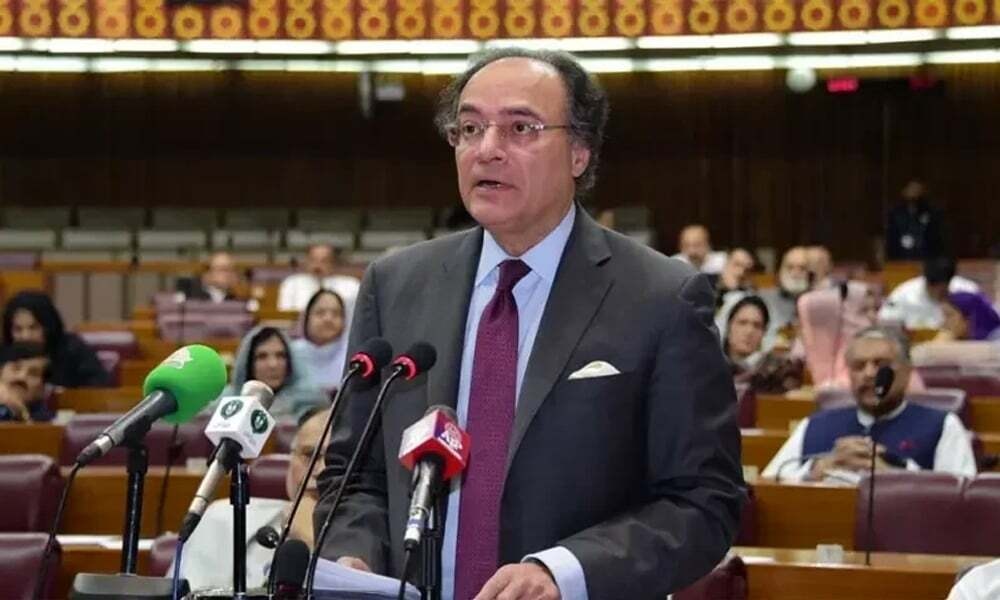The Federation of Pakistan Chambers of Commerce and Industry (FPCCI) has made a formal plea to the Supreme Court for a forensic audit of Independent Power Producers (IPPs). The FPCCI’s petition seeks the recovery of surplus profits paid to the IPPs and calls for amendments in the agreements to ensure payments are made based on the actual supply of electricity.
In its petition, the FPCCI has urged the Supreme Court to mandate a forensic audit of the IPPs to uncover any financial discrepancies. The businessmen’s body has also requested the court to issue orders for the recovery of excess profits from the IPPs. Furthermore, the FPCCI has called for a revision of the agreements with IPPs, stipulating that payments should be strictly tied to the amount of electricity supplied.
The FPCCI has taken a strong stance against the existing policies regarding IPPs, dating back to 1994, 2002, and 2015. The organization has asked the court to declare these policies null and void, arguing that they are not in the public interest. The FPCCI contends that the government should not profit from a basic necessity like electricity.
Former caretaker minister Gohar Ejaz has publicly supported the FPCCI’s demands. He has called on the government to ensure that IPPs are paid only for the power they generate. “We have only one demand, pay as much amount to an IPP as it produces power,” Ejaz stated, emphasizing the need for transparency and fairness in payments to power producers.
Ejaz has echoed the FPCCI’s call for a forensic audit of the IPPs, asserting that such an audit would clarify the financial operations and profit margins of these entities. He believes that a detailed audit will reveal the true financial status and potential overpayments to IPPs, paving the way for more equitable energy policies.
The FPCCI’s plea to the Supreme Court and the support from key figures like Gohar Ejaz highlight broader concerns about the energy sector in Pakistan. The high cost of electricity, driven in part by the financial arrangements with IPPs, has been a persistent issue affecting consumers and businesses alike. The FPCCI’s petition aims to address these systemic issues by promoting greater accountability and transparency in the sector.
The policies governing IPPs in Pakistan have evolved over the years, starting from the 1994 power policy, which was aimed at attracting private investment in the energy sector. Subsequent policies in 2002 and 2015 sought to build on this framework. However, these policies have faced criticism for creating financial burdens on the government and consumers, leading to the current calls for reform.
The Supreme Court’s decision on the FPCCI’s petition could have significant legal and economic implications. If the court orders a forensic audit and recovery of surplus profits, it could set a precedent for greater scrutiny of financial dealings in the energy sector. This could lead to more stringent regulations and policies aimed at ensuring fair pricing and accountability.
The outcome of the FPCCI’s petition will be closely watched by stakeholders in the energy sector and beyond. A favorable ruling could bolster efforts to reform the energy market, making it more transparent and consumer-friendly. It could also prompt other sectors to seek similar audits and policy revisions to address financial and operational inefficiencies.




